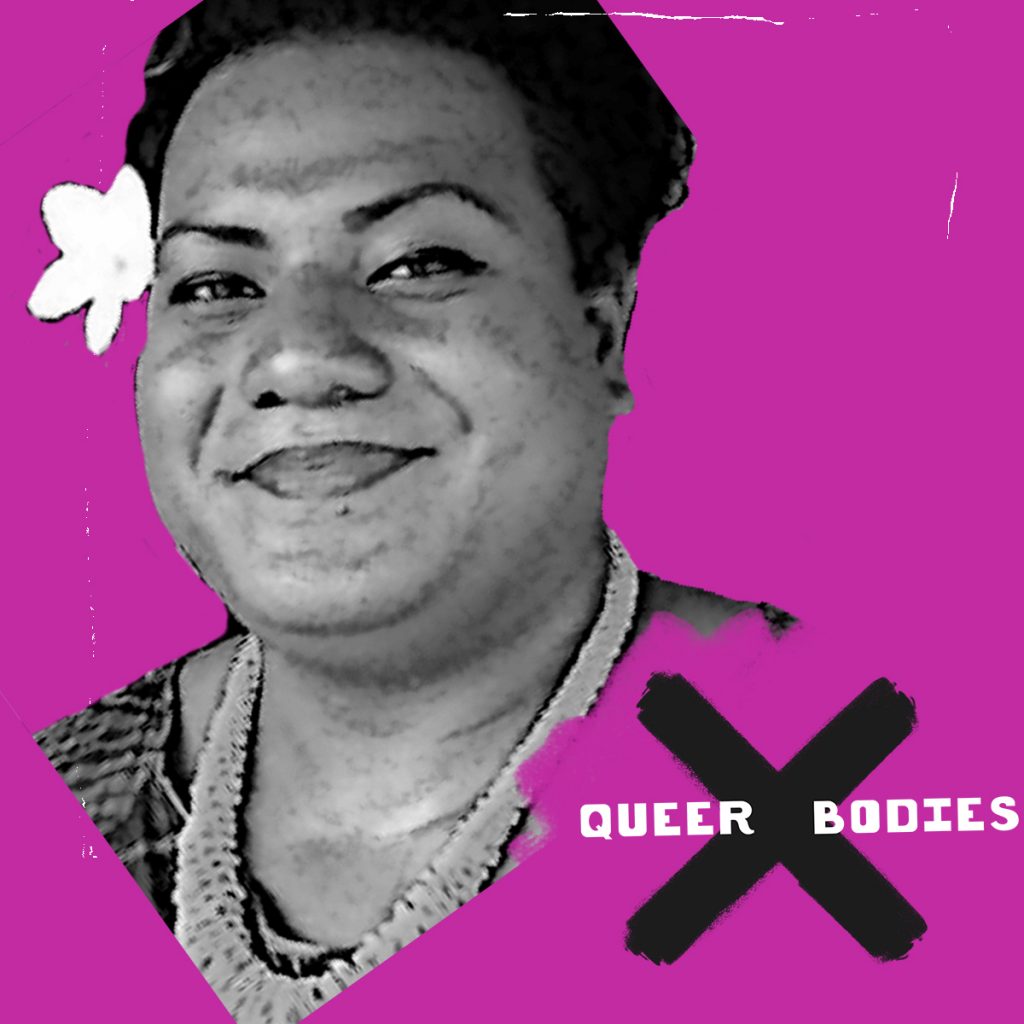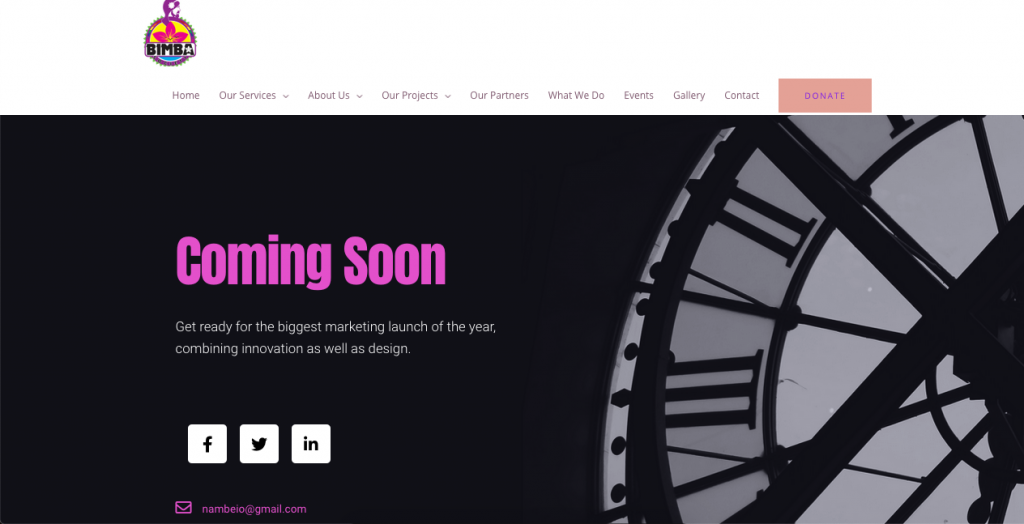Building Strategic Partnerships between Civil Society and Key Stakeholders for an Effective COVID-19 response in Kiribati: Levita Levi, Kiribati
By Tharindi Devasurendra – Wednesday, February 3, 2021

The COVID-19 pandemic has impacted every aspect of life around the world and the Kiribati Islands are no exception. In these trying and difficult circumstances many communities are struggling to keep up with the pace of how fast things are changing. In many countries, LGBTIQ people are facing different kinds of struggles across the board and are oftentimes left behind and neglected. While these are arduous times, activists and leaders from the LGBTIQ communities have been working tirelessly to address these struggles. One of these hardworking activists is Levita from the Republic of Kiribati.
Kiribati is an independent island nation in the central Pacific Ocean. Laid out in the Pacific Ocean like pearls they consist of 32 atolls and one coral raised island with a population just over 110,000 and is the only country in the world to be situated in all four hemispheres. Levita has been extremely active during this pandemic taking part in many projects to help with any effects of the pandemic on Kiribati and its residents. She has been involved with BIMBA, a non-governmental organization working to increase the visibility of the binabinaine community in Kiribati.
Some of the work that she’s been working on include helping with the drafting of the Kiribati National COVID-19 Response Plan. She is also assisting the Government of Kiribati and various NGOs in carrying out awareness raising programs to keep the communities updated on the present global pandemic. Furthermore, she has also been involved in simulation exercises coordinated by the Ministry of Health and Airport Authority on handling and preventing COVID-19 cases.
Levita and her organization practiced social distancing, regular handwashing, and provided information about COVID-19 to other organizations. . Moreover, she has been working together with the government and civil society organizations, to establish and formalize the Kiribati National Covid 19 Response Plan and to bring it to the Cabinet for endorsement. This plan will serve as a guideline for all Government Ministries, NGOs, CSOs, FBOs and development partners on responding to the indirect and direct impact of Covid 19. The National Plan incorporates all Government Ministries’ COVID-19 preparedness and response plans and looks at the health and social-economic impacts of Covid 19.


Levita highlights the individual responsibilities of everyone to practice the required health protocol to help curb the spread of COVID-19. “Like in many countries, Kiribati is having some difficulties while managing the effects of the pandemic on the economy and society. Specifically, the problems stem from public compliance to the required health protocols, the limited supplies of personal protective equipment, and the limitations to the provision of services,” says Levita.
“Task-forces were established to coordinate and manage the government’s response to the pandemic. There are 8 task-forces that cover 8 sectors such as Health, Communication, Transport, Finance, Education, Nationals stranded outside Kiribati, Public Servants,” Levita explanis.
As a lot of the work of the CBOs have now moved online, many new challenges are being faced. Levita mentioned that working online has now become somewhat of a norm for almost a year and has proved successful at times. However she believes that unstable internet connection, absence of technical experts to carry out face-to-face training to improve and enhance technical capacities to prepare and respond to Covid 19 did make working efficiently somewhat difficult.
Moving forward through this pandemic, one of the most important things to keep in mind is human rights and human dignity. According to Levita, it is critical to continue to be inclusive in the work that is being done. The National Covid 19 Preparedness plan which Levita worked on. supports inclusivity, which includes supporting the LGBTIQ community. Moreover, The National Disaster Risk Management and Climate Change Act considers the needs and protection of the LGBTIQ community during disasters. Furthermore, to ensure that communities are not left behind, Levita feels it is critical that LGBTIQ people are involved in the planning, implementation and monitoring of Covid 19 related processes and issues. As part of her work, she strives to make sure they are also involved in decision making processes.
Job well done to the team for being able to deliver essentials for handwashing (bar soap and hand sanitizer), recharge...
Posted by BIMBA Members, Allies, Families & Friends on Thursday, December 24, 2020
Levita believes that they are still not ready for the new normal considering that most of their basic needs such as medication, food, fuel, etc are sourced from countries elsewhere. She says that technical support in water engineering, medical services, finance, etc requires the presence of experts in the country for capacity building of their people and so she feels that they still have a long way to go to meet the new normal.
Share post



